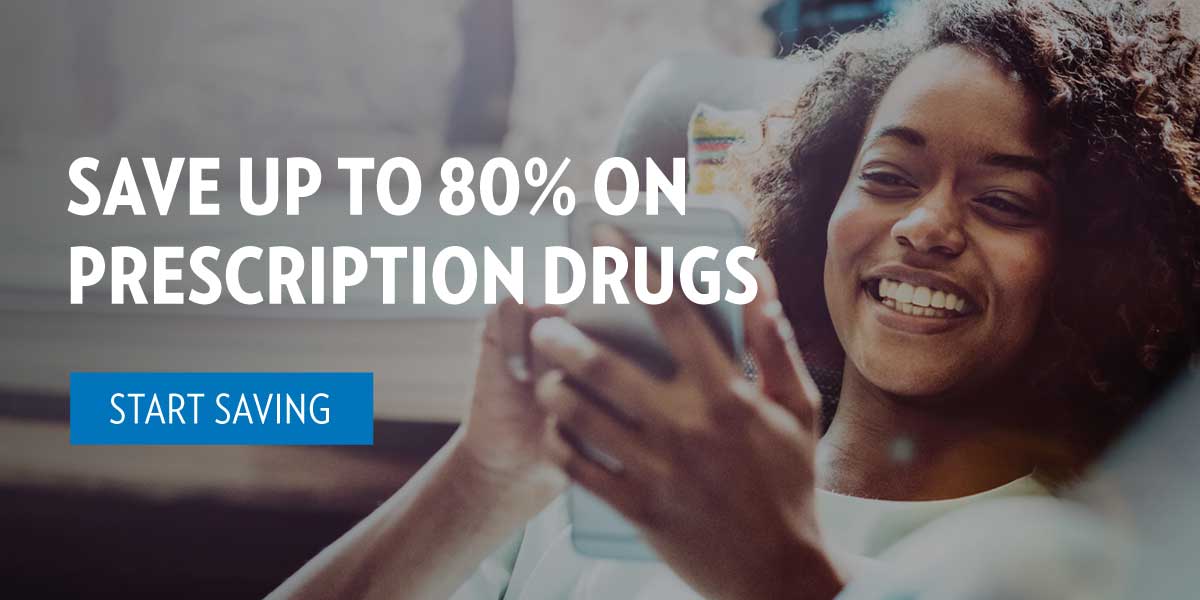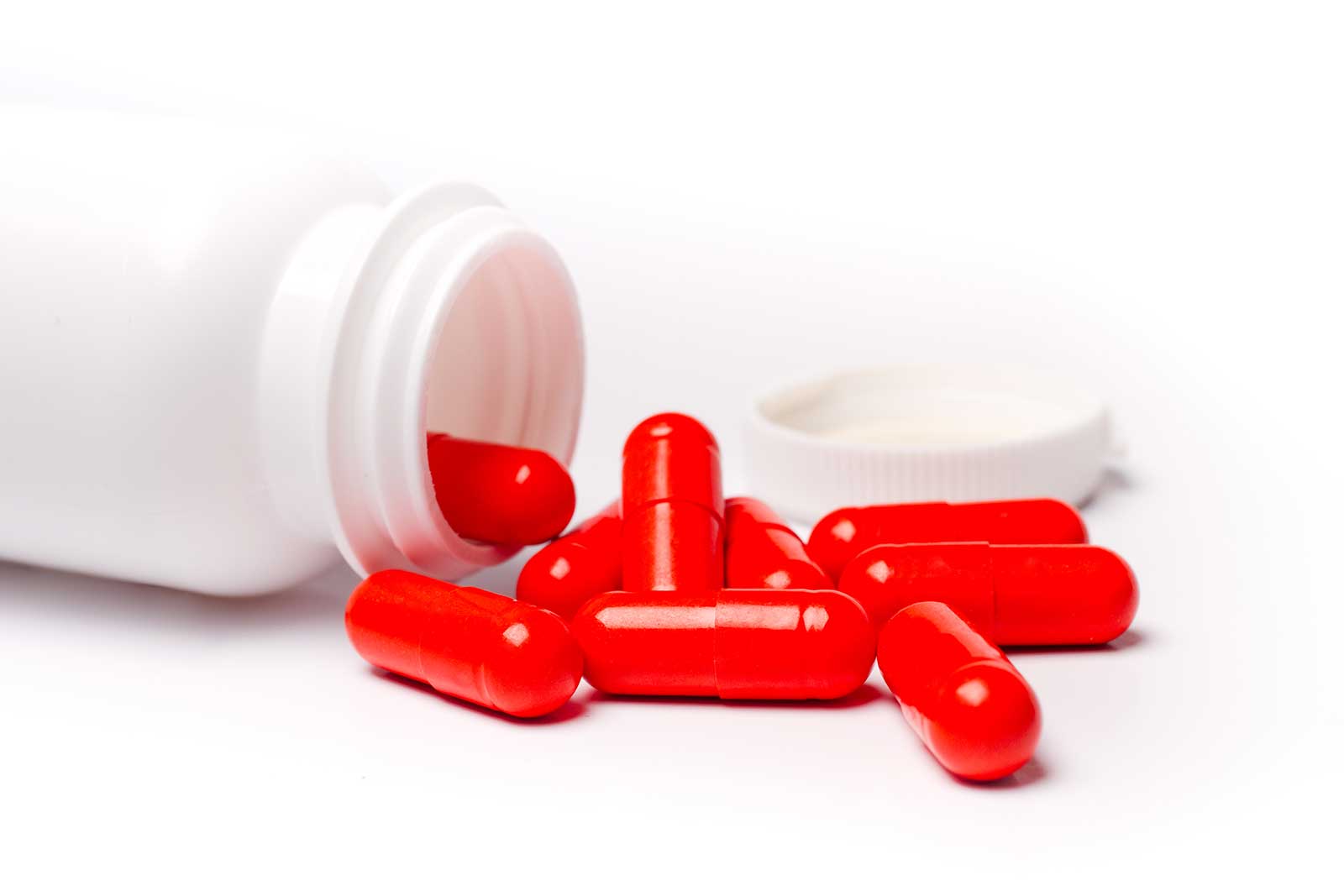The metabolism of an individual can be such that they are quite capable of using recreational drugs without having any negative experiences; this is also true with prescription drugs. Other individuals are not so inclined that substance abuse can take a terrible toll on them, causing problems in the work place, in school and with their family. This is why drug abuse prevention is so very important; it leaves the affected individual with a feeling of helplessness, totally alone and in many cases, ashamed.
To understand what causes drug abuse in teenagers it’s important to fully understand the nature of abuse and how it leads to addiction. The concerned parent or dear friend must know what it looks like, how it happened and why is it so powerful that it can destroy the lives of so many. When you know the answers to these types of questions you will be in a better position to understand the problem and how to deal with it.
Understanding use, abuse and addiction:
Using drugs does not always lead to abuse and there is no set definition of when the use of drugs moves from casual to being a crisis. Drug use often begins when people experiment and there seems to be as many reasons for experimentation as there are people who do it. Curiosity is often the cause; having a good time with your friends who are doing drugs is often the motivator. Many people are misguided into believing that taking drugs will help them with anxiety, stress and depression or even help them improve on their academic and athletic performance.
Drug abuse and eventually addiction is not about the amount of drug taken or the frequency at which it is taken, it’s all about the effects, the consequences. The amount and the frequency do not matter, what matters is the problems that it is causing in the life of the teenager.
Why do some become addicts and others don’t?
Like most things that are truly individualistic, the vulnerability of one person or the other to drugs can be many things. Genes, ones general health and mental health, family circumstances and social environment play a role. There are a few predictable factors that seem to increase ones vulnerability:
- A history of addiction within the family or childhood trauma
- abuse, neglect, etc.
- depression and anxiety
- how the drug is taken; smoked, ingested or injected
How abuse and addiction develop:
Drug abuse in teenagers or other young people who experiment with drugs is usually caused by thinking that the drug they are taking makes them feel good or, at least stops them from feeling bad. There is a fine line between casual use and addiction and there are very few users who know when they have crossed that line. Frequency of use and the amount of drug consumed does not necessarily constitute addiction but it most certainly is a good indicator of a drug related problem.
As the amount and frequency increases, the potential of an addiction problem rather “sneaks up” on the drug user. Having a joint on the weekend or doing a line of cocaine at a party is one thing, but when it begins to happen twice a week and then four times and then every day, there is a problem. The individual is getting used to the drug and what it does and that starts to become very powerful and very important.
There are people and there are times when stress builds up as does anxiety and depression. Some people start taking drugs to simply calm themselves down or they may take prescription drugs to fight off panic attacks as well as relieve pain. As long as you do not seek alternatives to drugs for these types of situations, your drug use will continue. You may also find that drugs fill the hole in your life; if this is the case the chances of addiction are greater because this is an emotional issue.
Although drug abuse and eventual addiction are scary, there are drug abuse prevention programs that, when coupled with love and support can fight the negative effects of drug use. Before anything positive can happen, the drug abuser must admit to a problem and call upon friends and family to help him or her through see the negative effects and how the drugs have changed his or her life.


